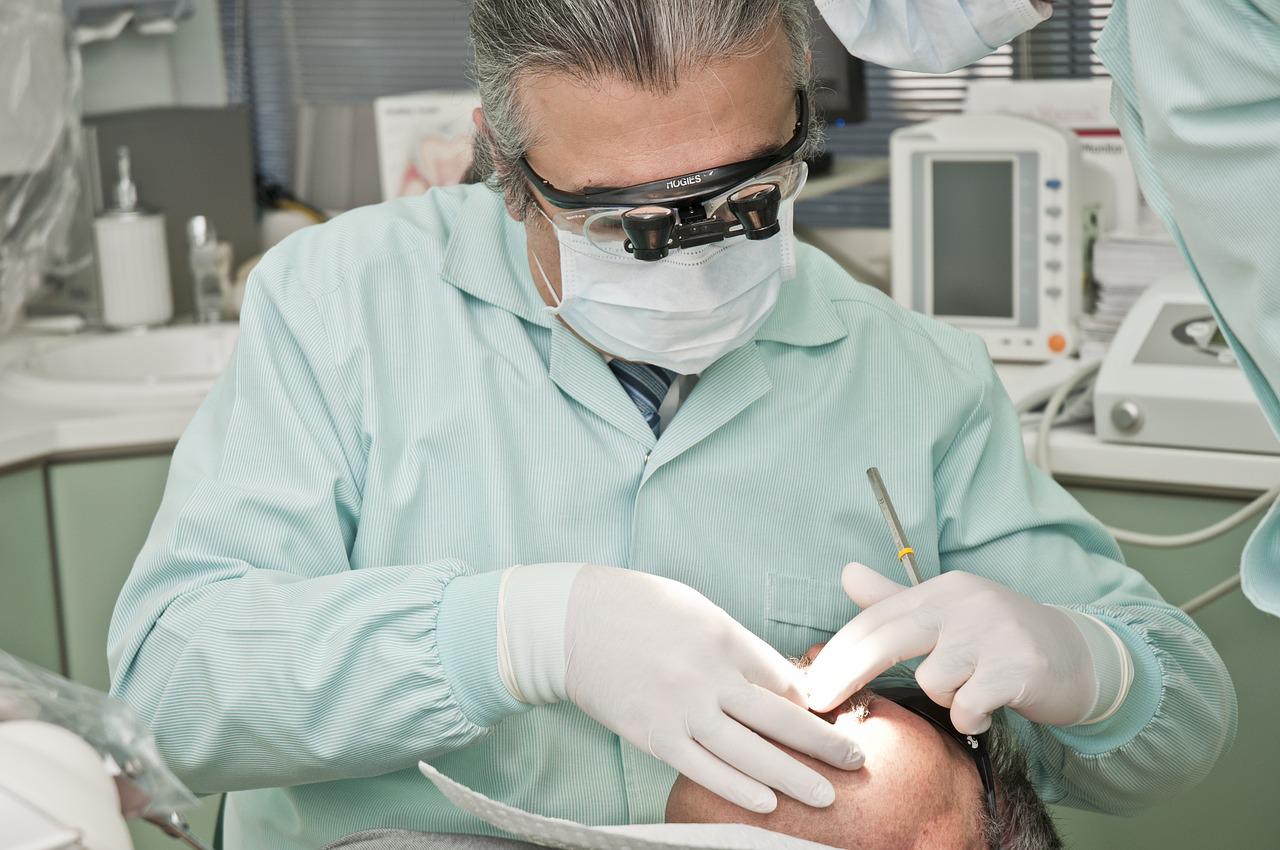If you’re looking for a periodontist in London, it’s important to do your research and find one who is best suited for your needs. Before we dive in, let’s first go over what a periodontist does.

What does a periodontist do?
A periodontist is a dentist who specializes in the diagnosis, treatment and prevention of Periodontal disease. Periodontists are also experts in the placement of dental implants.
Periodontal disease is an infection of the gums and bone that support the teeth. It is caused by plaque, a sticky film of food debris, bacteria and saliva. If plaque is not removed, it can harden and turn into tartar. Tartar can cause the gums to become inflamed and bleed easily. If the inflammation and bleeding are not treated, the bones and tissues that support the teeth can be destroyed. This can eventually lead to tooth loss.
Periodontists are trained to remove tartar, bacteria and inflamed tissue from around the teeth. They can also place dental implants, which are artificial roots that are placed in the jawbone to hold a replacement tooth or bridge. Periodontists use a variety of treatments, including scaling and root planing, antibiotics, oral rinses and surgery, to treat periodontal disease.
If you have gum disease, it is important to see a periodontist for treatment. Periodontal disease is the leading cause of tooth loss in adults, and it has been linked to other serious health conditions such as heart disease, stroke and diabetes. Treatment can help prevent the progression of the disease and stop the damage it causes.
Finding a periodontist in London
If you are looking for a periodontist in London, there are a few ways to find one. You can ask your regular dentist for a referral, search for one online or look in the Yellow Pages. When searching for a periodontist, it is important to make sure that they are registered with the General Dental Council. You can also check to see if they are a member of the British Society of Periodontology.
Periodontists in the UK must complete a three-year undergraduate dental degree, followed by a two-year specialty training programme in periodontics. They must also pass exams set by the Faculty of General Dental Practice and the Joint Dental Faculties.
When choosing a periodontist in London, it is important to find one that you feel comfortable with and who you can trust. Be sure to ask about their experience, training and qualifications. You should also ask about the treatments they offer and whether they are covered by your insurance. Once you have found a periodontist that you are happy with, you will need to see them for regular check-ups to ensure that your gum disease does not worsen with proper gum infection treatment.
Treating gum disease in London
Gum disease, also called periodontal disease, is a condition in which the gums and other tissues around the teeth become inflamed and infected. Gum disease can lead to loss of teeth and other serious health problems.
Bleeding gums can be a sign of gum disease. Gum disease is an infection of the gums that can damage the teeth and jawbone. left untreated, gum disease can lead to tooth loss. Gum disease London has lots of options for patients to consider, be sure to research them all first.
There are two main types of gum disease: gingivitis and periodontitis. Gingivitis is a milder form of the disease that only affects the gums. Periodontitis is a more serious form of the disease that can damage the gums, bones, and other tissues around the teeth.
Gum disease is caused by plaque, a sticky film of bacteria that constantly forms on the teeth. Plaque can cause gingivitis by irritating the gums and making them red, swollen, and bleed easily. If plaque is not removed, it can harden into tartar (calculus), which is much harder to remove. Tartar can further irritate the gums and lead to periodontitis.
Periodontitis can occur slowly or quickly, depending on the severity of the disease. In its early stages, it may only cause minor irritation of the gums. However, left untreated, it can progress and eventually lead to bone loss and tooth loss.
There are a number of different treatment options available for gum disease, depending on the severity of the condition. In its early stages, gingivitis can often be reversed with good oral hygiene and regular professional dental cleanings. More advanced cases of periodontitis may require more extensive treatment, such as deep cleanings, antibiotics, or surgery.
You may be interested in: The Most Common Dental Hygiene Mistakes To Avoid

